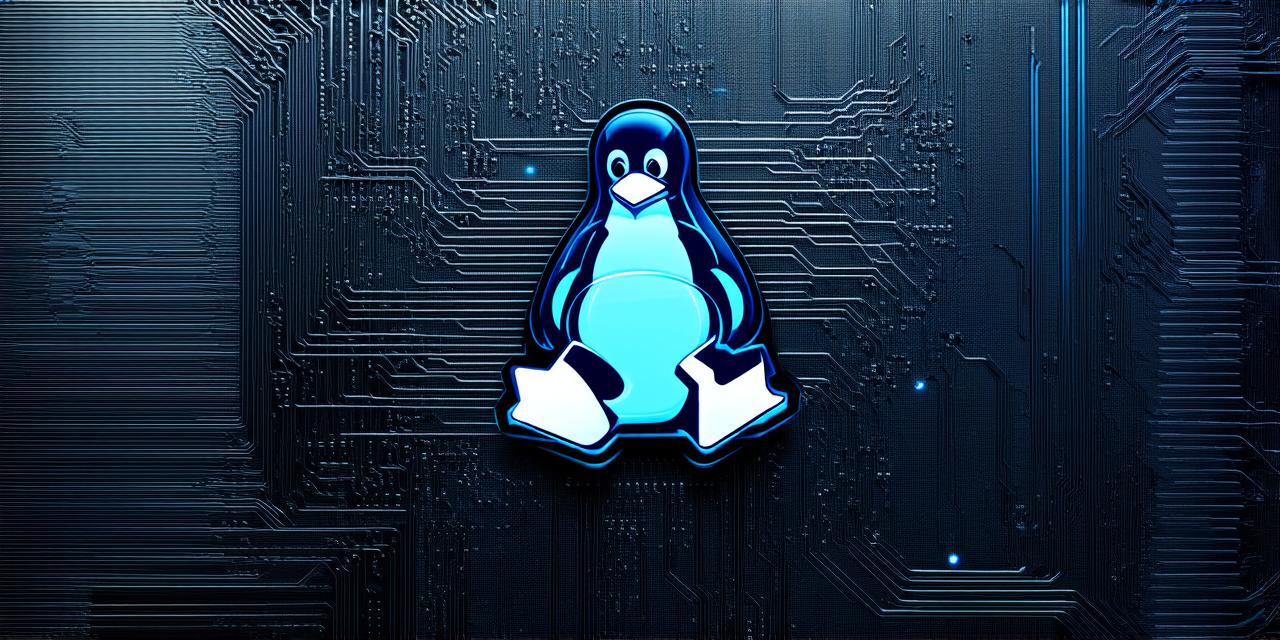Unity’s Compatibility with Linux
Historically, Unity has been known for its incompatibility with Linux. However, in recent years, Unity has made efforts to improve its compatibility with Linux operating systems.
In 2017, Unity released version 5.3, which introduced support for Linux-based systems. This version included a new feature called “Linux Build Settings,” which allowed developers to build and deploy their games on Linux platforms.
Since then, Unity has continued to improve its compatibility with Linux. In 2019, Unity released version 18.3, which included support for Procedural Graphics shaders, which are commonly used in Linux-based graphics rendering. Additionally, Unity has made strides to improve the performance of its games on Linux by optimizing its code and reducing memory usage.
Is Unity 3D Compatible with Linux Operating Systems?
While Unity has made efforts to become more compatible with Linux operating systems, it is still not fully compatible with all versions of Linux. Currently, Unity supports the following Linux distributions:
- Ubuntu 16.04 LTS and later
- Debian Jessie and later
- CentOS 7 and later
- Fedora 23 and later
- openSUSE Leap 42.1 and later
However, it is important to note that Unity’s compatibility with Linux may vary depending on the specific version of the game engine and the Linux distribution being used. It is always best to check Unity’s official documentation or contact their support team for the most up-to-date information on compatibility.
How to Take Advantage of Unity 3D Compatibility with Linux
If you are a developer who wants to take advantage of Unity’s compatibility with Linux, there are several steps you can follow:
- Install the appropriate version of Unity for your Linux distribution. You can download and install the latest version of Unity from the official Unity website.
- Enable the “Linux Build Settings” in Unity. To do this, go to Edit > Project Settings > Player > Linux Build Settings and enable the settings you need.
- Build and deploy your game on a Linux-based system. Once you have enabled the Linux Build Settings, you can build and deploy your game on a Linux-based system using the Unity Editor.
- Test your game on a Linux-based system. After building and deploying your game, you can test it on a Linux-based system to ensure that it is working properly.
Summary
In conclusion, while Unity has made strides to become more compatible with Linux operating systems, it is not fully compatible with all versions of Linux. However, if you are a developer who wants to take advantage of Unity’s compatibility with Linux, there are several steps you can follow to build and deploy your game on a Linux-based system. With continued development and improvement, Unity may become even more compatible with Linux in the future.
